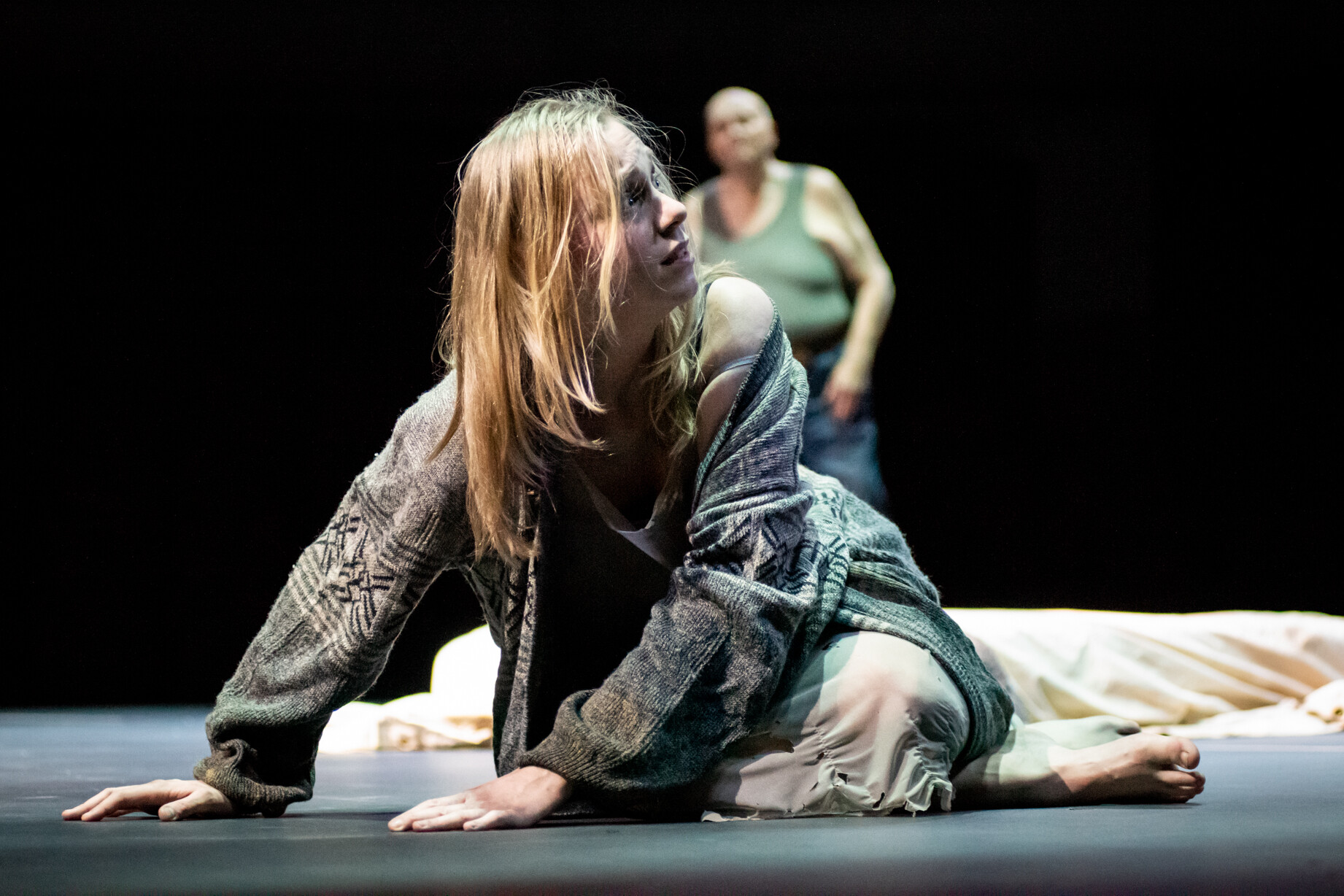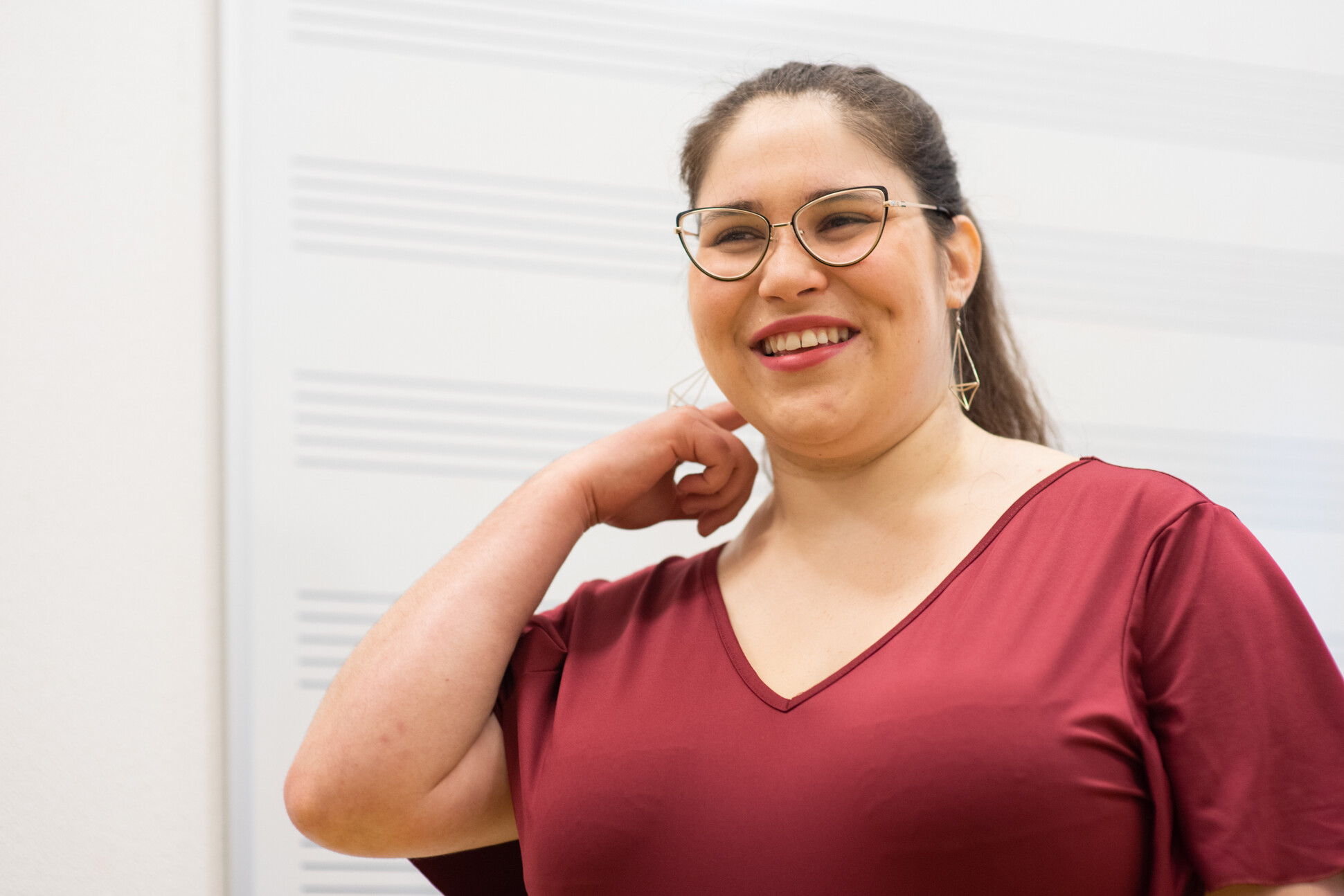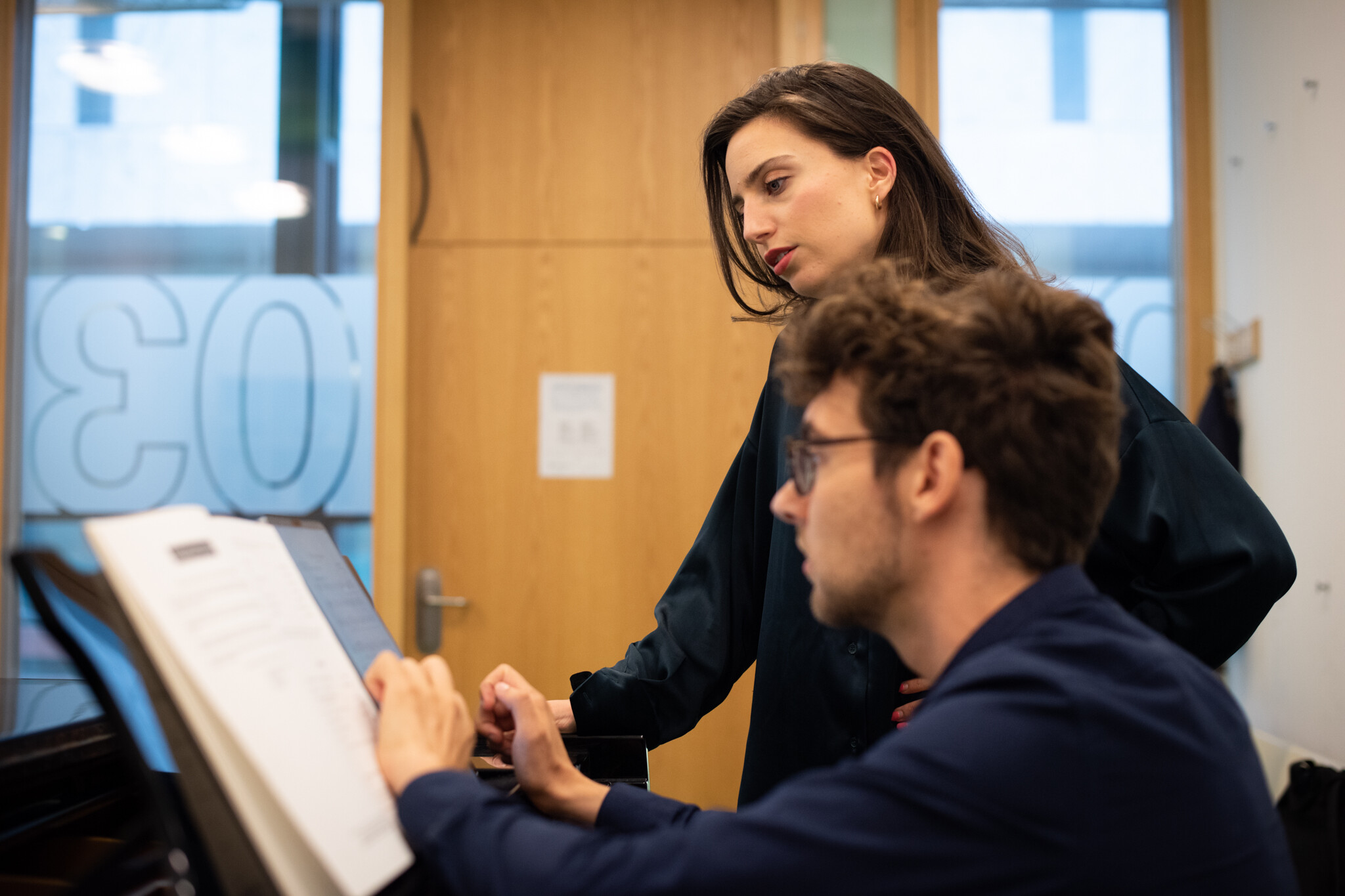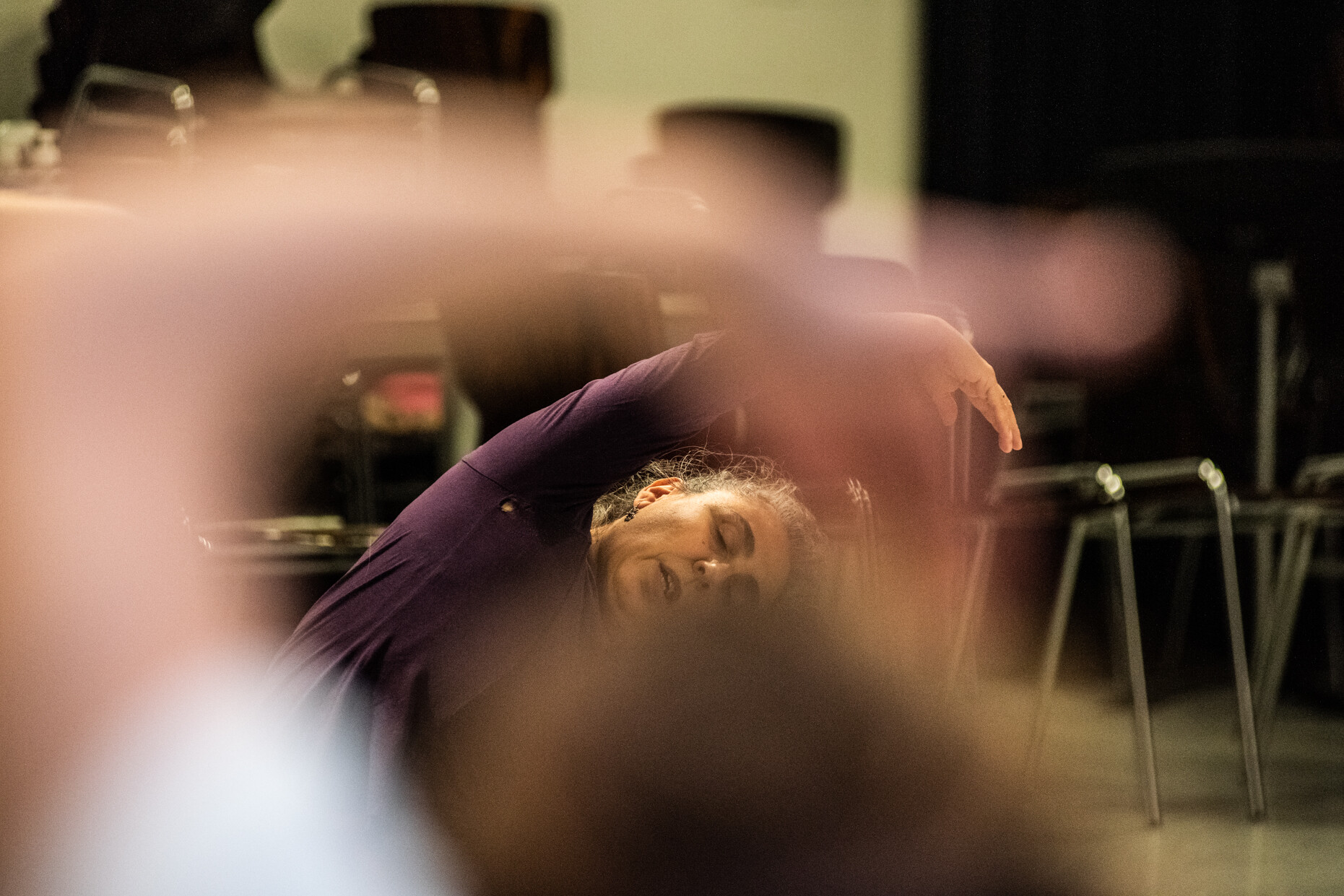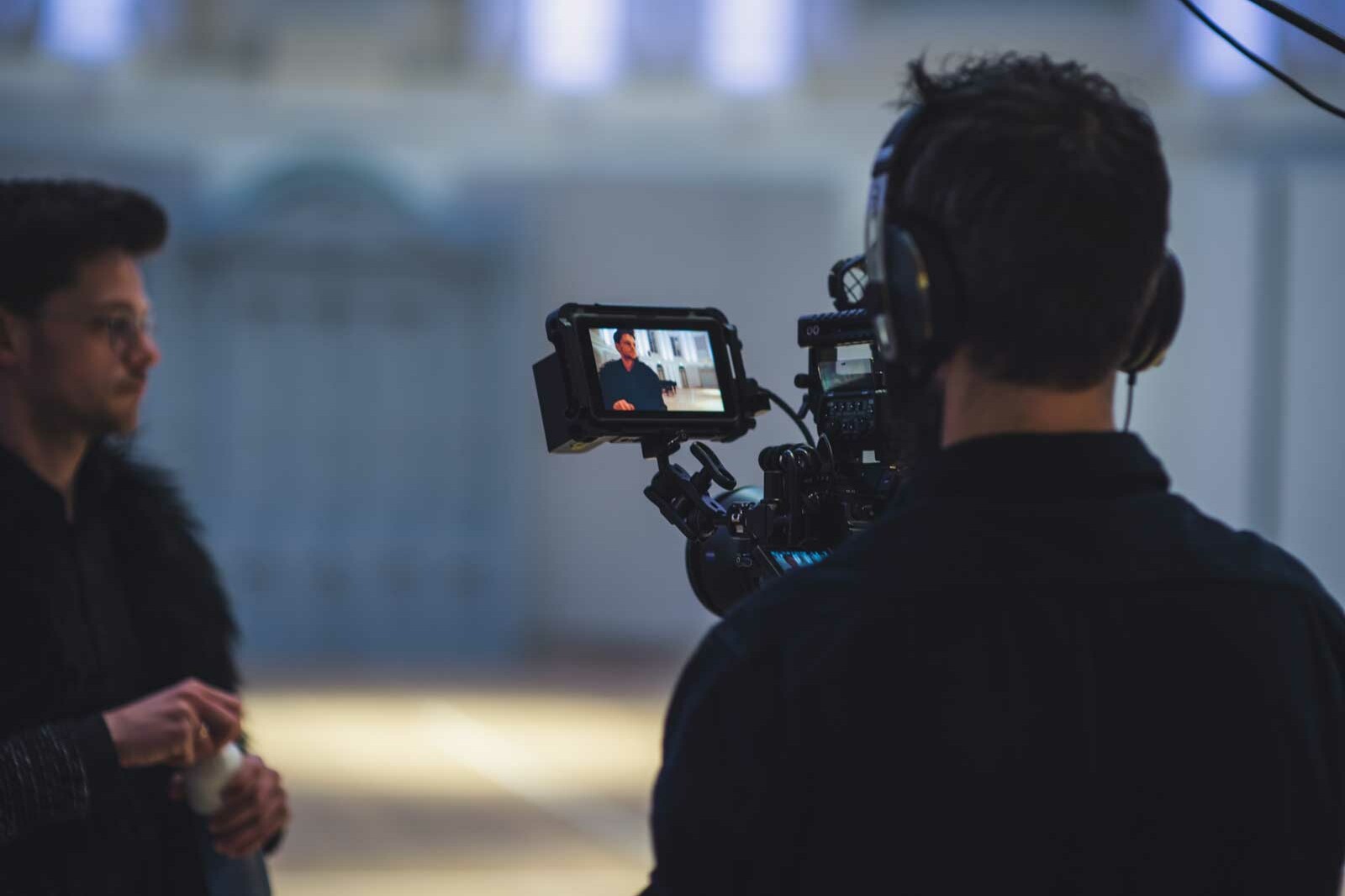Our mission
The goal of an opera specialisation is to complete the training of young operatic artists and to facilitate their successful transition into the profession. The DNOA learning environment distinguishes itself from a more conventional master’s programme in voice or an opera studio attached to a company, and defines its purpose based on the following values and characteristics:
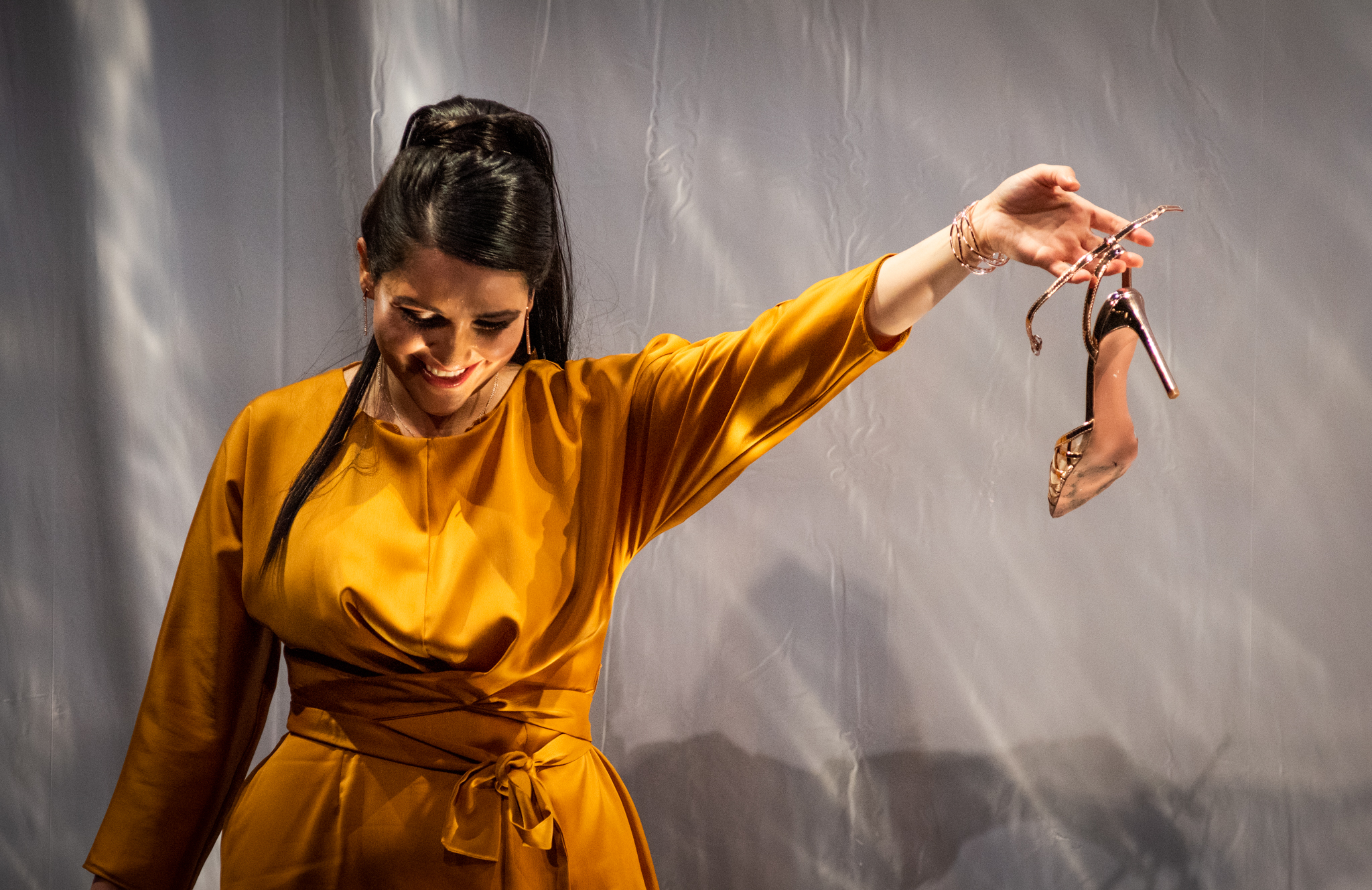
Performing opera as an integrated main subject
While a highly developed and secure vocal technique is the essential basis of any operatic career, there are many more competencies that a singer needs if they are to enjoy continued success in the operatic field. Central to the learning trajectory of a DNOA student is the integration of singing, acting and physicality, with a view to producing graduates who are both technically assured and artistically credible. The knowledge and practical experience of the teaching staff is utilised to benefit the student in such a way as to develop the student’s competencies in a holistic approach.
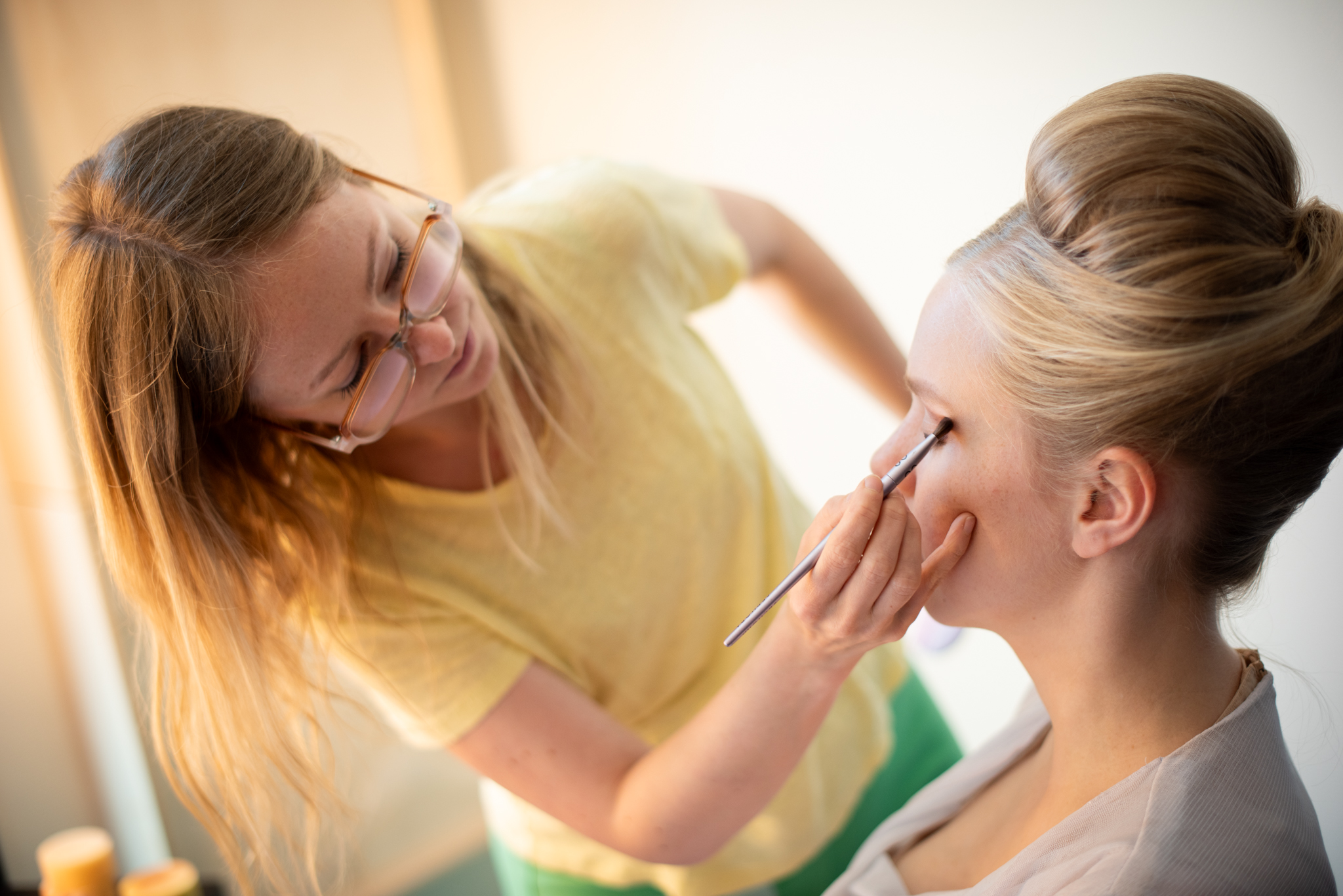
Mirroring an opera house
Combining the functions of both an educational institution and a production company, fully staged productions are an indispensable feature of the DNOA’s activities. Accordingly, the students combine their individual studies with rehearsal and performance schedules that are no different to those they will encounter in the profession.
The DNOA in production modus mirrors an opera house. At the same time the study environment still provides a safe haven for exploration and development, and DNOA students have the benefit of learning and gaining invaluable experience in a setting that is both familiar and trusted. Upon completion of the programme, each student will have studied and performed several roles, and gained valuable practical experience which should help the singer move into the market.
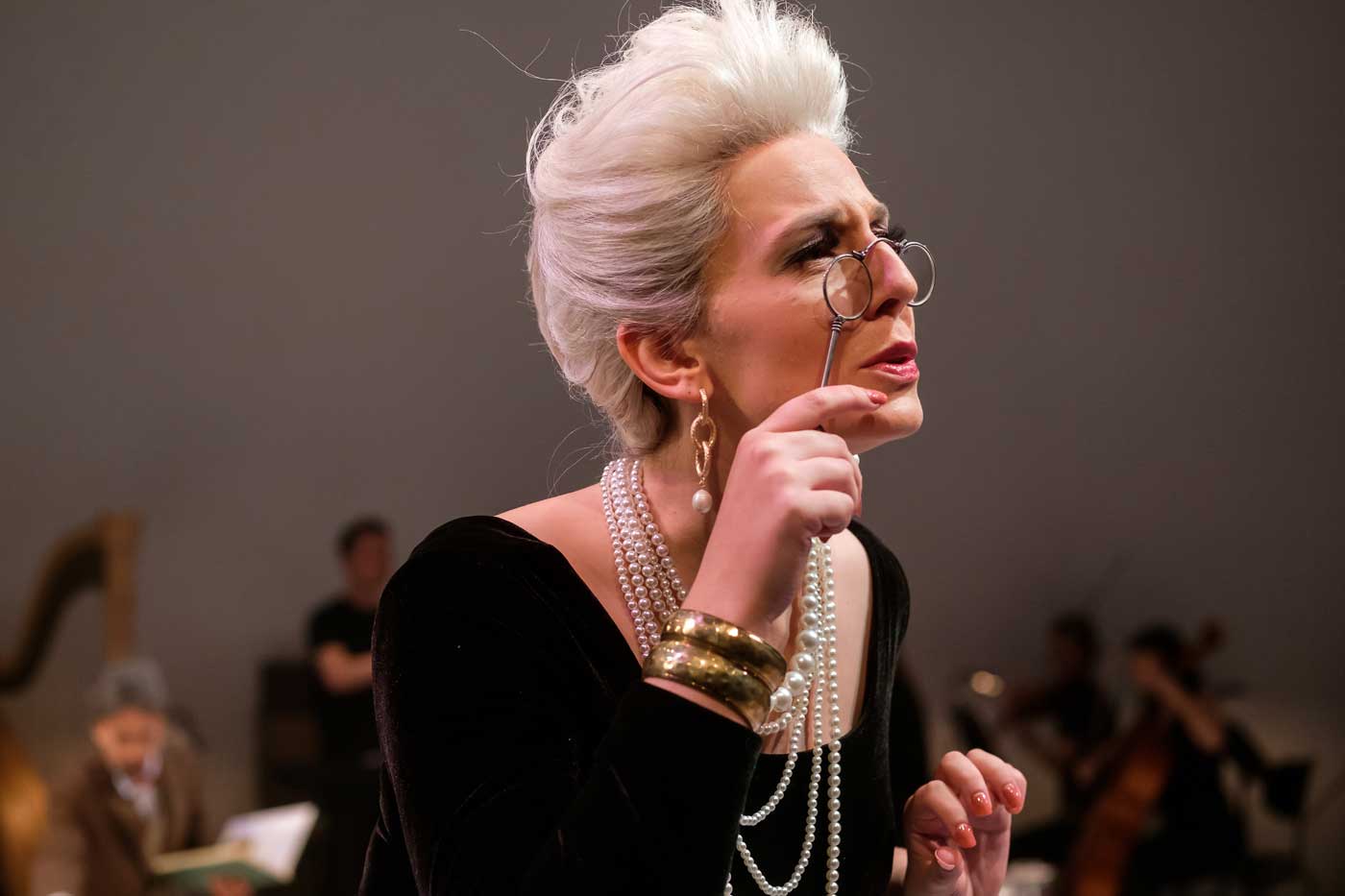
Student-centred learning in a group context
The challenge for every opera singer is how to remain artistically autonomous within a group context. Due to the variety of voice types and thus repertoire, the needs and trajectory of each singer are essentially different. Throughout the programme, the DNOA does all it can to support the students in such a way as to allow them to explore and develop a clear sense of their own vocal and artistic identity.
Nevertheless, opera by its nature is the ultimate expression of a group process. In addition to the individual development of each student, learning from and with each other, and reacting and interacting with practitioners and disciplines is a common thread throughout the programme.
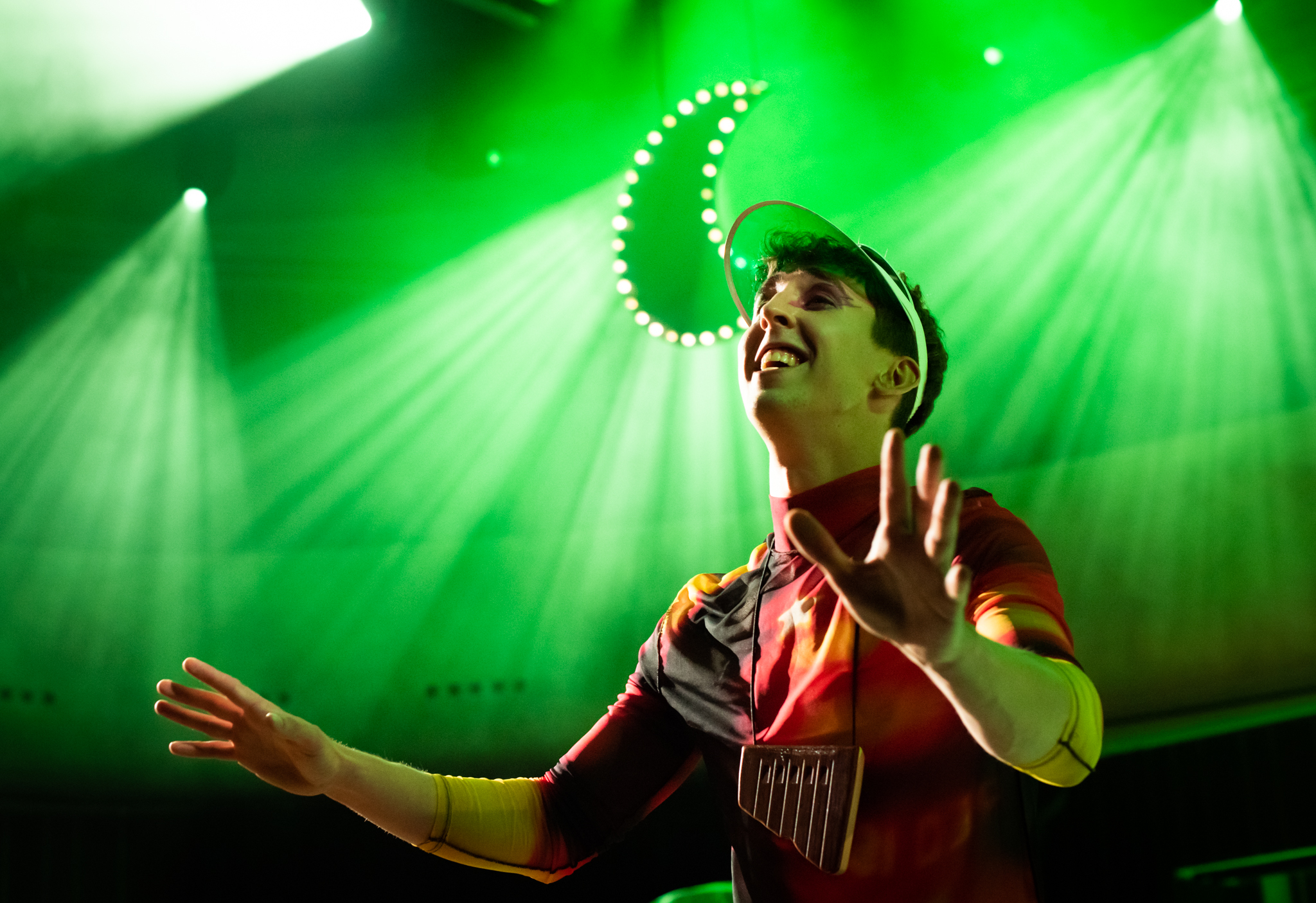
International
The opera world is by definition international and the DNOA is no different. The working language of the programme is English, with current students representing eleven nationalities. The students prepare for an international career by learning from and interacting with international contemporaries, as well as the faculty and guest teachers, all of whom without exception work in the international field.
The DNOA is financed through special structural government funding, which guarantees that the DNOA will continue to offer its unique study programme.
Our programme
Our master’s programme is devised to bridge the gap between formal studies and successful entry to the operatic profession. Find out more about what our programme offers.
Performance opportunities
We schedule full productions and concerts throughout the year to enhance your profile and acquire a broad and useful repertoire.
Voice lessons
Individual voice lessons will help to hone your vocal technique and alleviate any issues to facilitate further development.
Coaching
Benefit from individual coaching sessions with our experienced and accomplished coaches from the international world of opera.
Performance skills
Central to our programme is the integration of singing, acting and physicality to help you develop technically and build artistic credibility.
Career skills
We focus on the strategic and entrepreneurial skills that are essential tools for a successful career, including our Audition Training Module.
The closing date for applications to join the programme next year is
Friday 19. January 2025.


